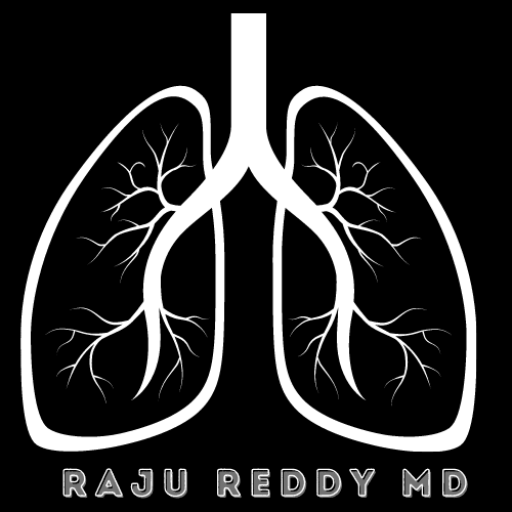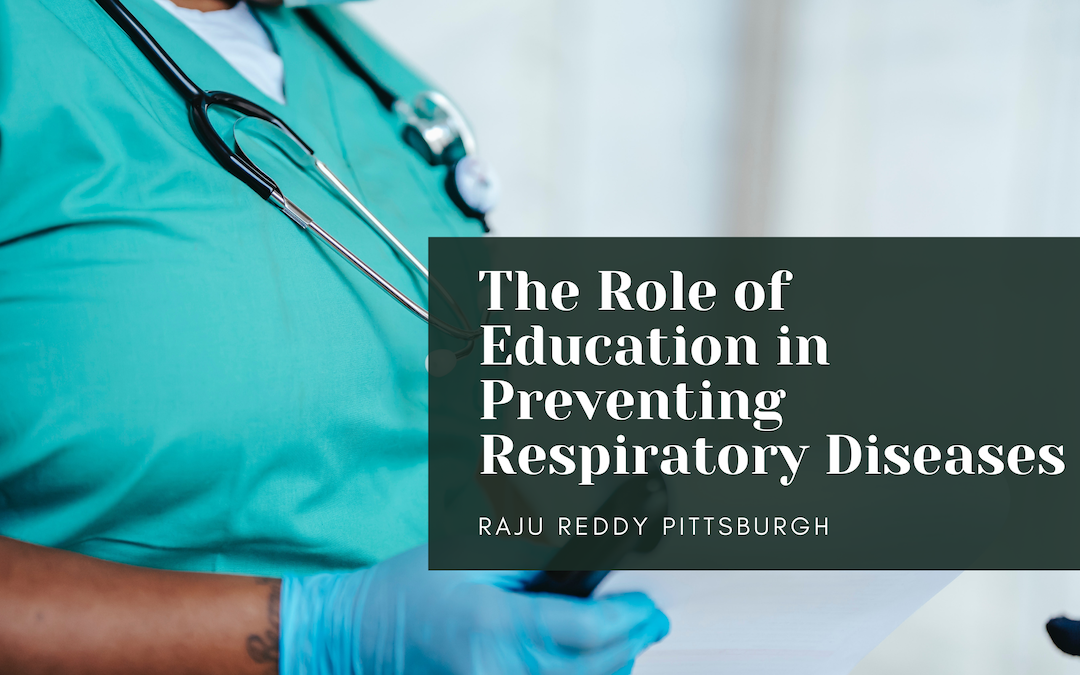Respiratory diseases, such as asthma, chronic obstructive pulmonary disease (COPD), and respiratory infections, pose significant health risks worldwide. While medical advancements are crucial, education plays a fundamental role in preventing and managing these conditions. This blog will explore how education can empower individuals to make informed decisions, adopt healthy behaviors, and effectively prevent respiratory diseases.
Awareness and Knowledge
Education serves as a powerful tool in raising awareness about respiratory diseases. Individuals can become proactive in safeguarding their respiratory health by disseminating accurate information regarding risk factors, symptoms, and preventive measures. Education equips people with the knowledge to recognize early warning signs, seek appropriate medical care, and adopt preventive measures such as avoiding smoking, reducing exposure to pollutants, and practicing good hygiene. When armed with this knowledge, individuals can make informed decisions to protect themselves and promote respiratory health within their communities.
Promoting Healthy Behaviors
Education is vital in promoting healthy behaviors that contribute to respiratory well-being. Through educational initiatives, individuals can learn about the importance of regular exercise, maintaining a balanced diet, and managing stress, all of which positively impact lung function. Furthermore, education can emphasize the dangers of smoking and secondhand smoke, encouraging individuals to quit smoking or avoid starting altogether. Education acts as a preventative measure by instilling these healthy behaviors early on, reducing the risk of respiratory diseases and their associated complications.
Environmental Awareness
Education fosters environmental awareness, highlighting the link between respiratory health and the environment. Educating individuals about the impact of air pollution, allergens, and occupational hazards on respiratory function, education empowers individuals to make informed choices. This may include supporting environmental policies, reducing personal exposure to pollutants, and advocating for clean air initiatives. Additionally, education can promote the proper use and maintenance of ventilation systems, air filters, and other measures that improve indoor air quality. By understanding the environmental factors contributing to respiratory diseases, individuals can actively work towards creating healthier living and working environments.
Empowering Self-Management
Education gives individuals with knowledge and skills to manage respiratory diseases effectively. By providing information on treatment options, medication adherence, symptom recognition, and self-care techniques, education empowers individuals to take control of their respiratory health. Through educational programs, individuals can learn to recognize triggers, develop action plans, and seek appropriate medical care. This promotes early intervention, reduces hospitalizations, and improves overall quality of life. Education enhances individuals’ ability to manage respiratory conditions and encourages them to become advocates for their health, leading to better outcomes and improved self-management.
Education is a powerful tool in preventing and managing respiratory diseases. Education plays a crucial role in reducing the burden of respiratory diseases and enabling individuals to lead healthier lives by raising awareness, promoting healthy behaviors, and empowering self-management. Investing in education is an essential step toward creating a respiratory disease-free future.

